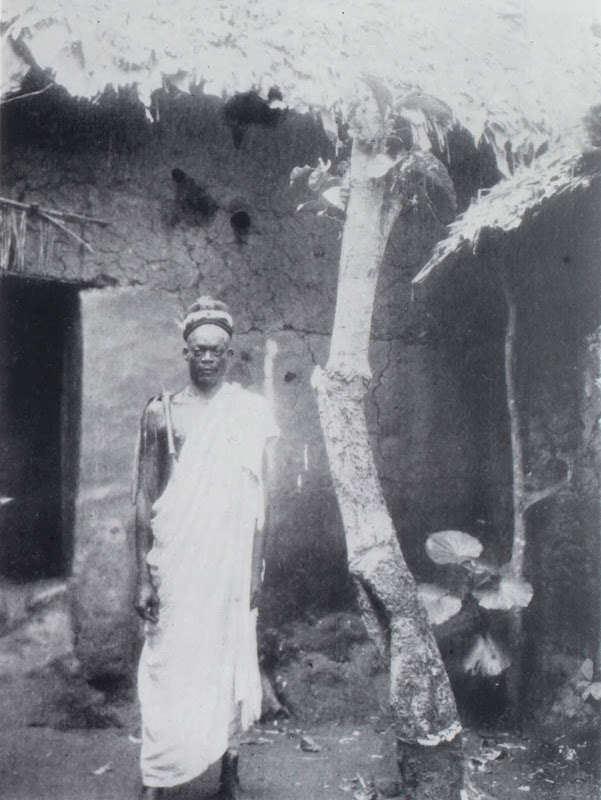Some unique Igbo names that are from the past and some made up here, that sound quite modern and new.
Dije - di ije, master traveller
Kika - kini ka [Ika dialect] - what is greater
Zikora - zika ora, show the world
Zimoha / Zimora - zima oha/ora, show the world
Chike - chi ike, strong chi
Mozi - mọ ozi, angel
Nisi - na isi, leading the pack
Jozi - je ozi, go on a mission
Biozi - bia ozi, came on a mission
Jamike - salute me
Diji - master yam farmer
Kobi - ka obi, brave hearted
Chika - great chi
Dinka - master artisan, artist
Lema - listen [look] to your chi, look to Chi
Lemachi - listen [look] to your chi, look to Chi
Sochi - follow your chi, follow Chi
Akala - akala aka, destiny
Dinta - hunter
Ajana - earth deity
Soludo - follow peace
Tonna - praise dad
Jemma - go well
Bialije - nwa bialije, a child on a mission
Ohato - The people praised
Atata - adi atata, does not dry (of a river)
Toro - praised
Achilike - achi uwa la [na] ike, don’t rule by force
Duru - di uru, lord, master
Anya - anya ugwu / iro egbulam, may the evil eye not kill me
Ume - breath, life
Jenudo - go in peace
Jenandu - go places in life
Umike - spirited
Juba - ji uba, fill with wealth / yam of wealth
Zuoke - enough
Olanna - father’s jewel
Achike - achi uwa na ike, don’t rule by force
Obisike - strong hearted
Tango - reward eater, ‘enjoyer’
Chitango - reward getter
Ringo / Lingo - eat the reward, ‘enjoy’
Oringo / Olingo - reward eater, ‘enjoyer'
Osondu - the race of life
Bando - enter shade
Nando - in the shade
Bosah - belu olisa, if not for the supreme being





































